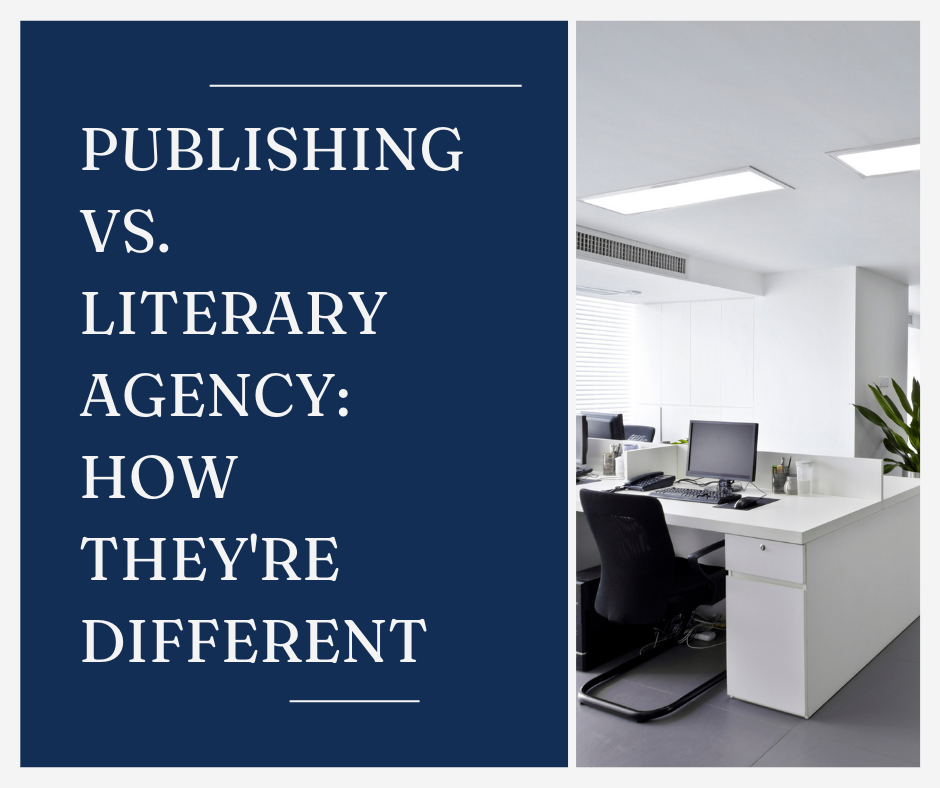Publishing is a process of creating and distributing stories, poems, and other works of fiction. A literary agent’s job is to find authors who will write those stories with their publishing company.
A literary agent is an intermediary who helps authors get their work published. Literary agents are agents of the publisher and not the author. It is their responsibility to guide their clients through the publication process and publish their work to maximize its commercial potential.
Literary agents have spent decades honing their craft and building relationships with publishers so that they can find the right home for your work. They’re experts at spotting trends in the market and identifying what’s hot and what’s not in publishing today. And if you don’t have a literary agent, chances are good that someone else does.
Publishing is the process of producing books, magazines, journals, and other printed media. The word “publish” means “to make public knowledge.” To publish something means to make it generally available to the public or a large group of people for consideration for purchase by others. Publishing companies typically provide editorial guidance, distribution channels, printing services, and marketing support for their authors.
Publishing companies are responsible for marketing their products through advertising or selling directly from their website or catalogs. The author has no direct financial stake in these activities unless they’ve signed an agreement with a publisher.
In publishing, you’ll work with someone who’s already published a book or several books on their own to help them get their work out there for people to see and buy. Writers who want to publish their work in print form engage literary agents, which are similar to publishers but generally described as agents who represent more than one author.
There are countless differences between the two fields, but here’s a look at some of the most important ones:
- The agency will take care of all parts of the process, from finding an editor/publisher or agent to helping them find an illustrator if needed. In contrast, the publisher will be responsible for publishing their work in print form.
- Publishers work with authors every step; agents only represent one writer at a time (unless multiple clients are looking for representation).
Publishing houses make money by selling books through their company’s website or signing them up for publication in other media channels (print, e-book, audiobook). Their role is less about helping you get your work published than selling books to customers who want them: readers like you who want more titles from them!
Publishing and literary agencies are very different, and there’s no one-size-fits-all definition of either term. However, they both involve the same basic process: working with writers to develop their work into finished products.
The difference between the two is that publishing companies are more concerned with getting the book for consumers, while literary agents take care of all the legal stuff. For example, suppose you want to publish a book but don’t have any experience writing fiction. In that case, a literary agent can help you find an editor and an agent who can help you sell your work.
Publishing and literary agencies are two different ways to publish your book. Every writer hopes their book will be the next “to pick up” or “read.” But before you can expect that, you have to get your manuscript into the hands of someone who can help you make your dream come true.




